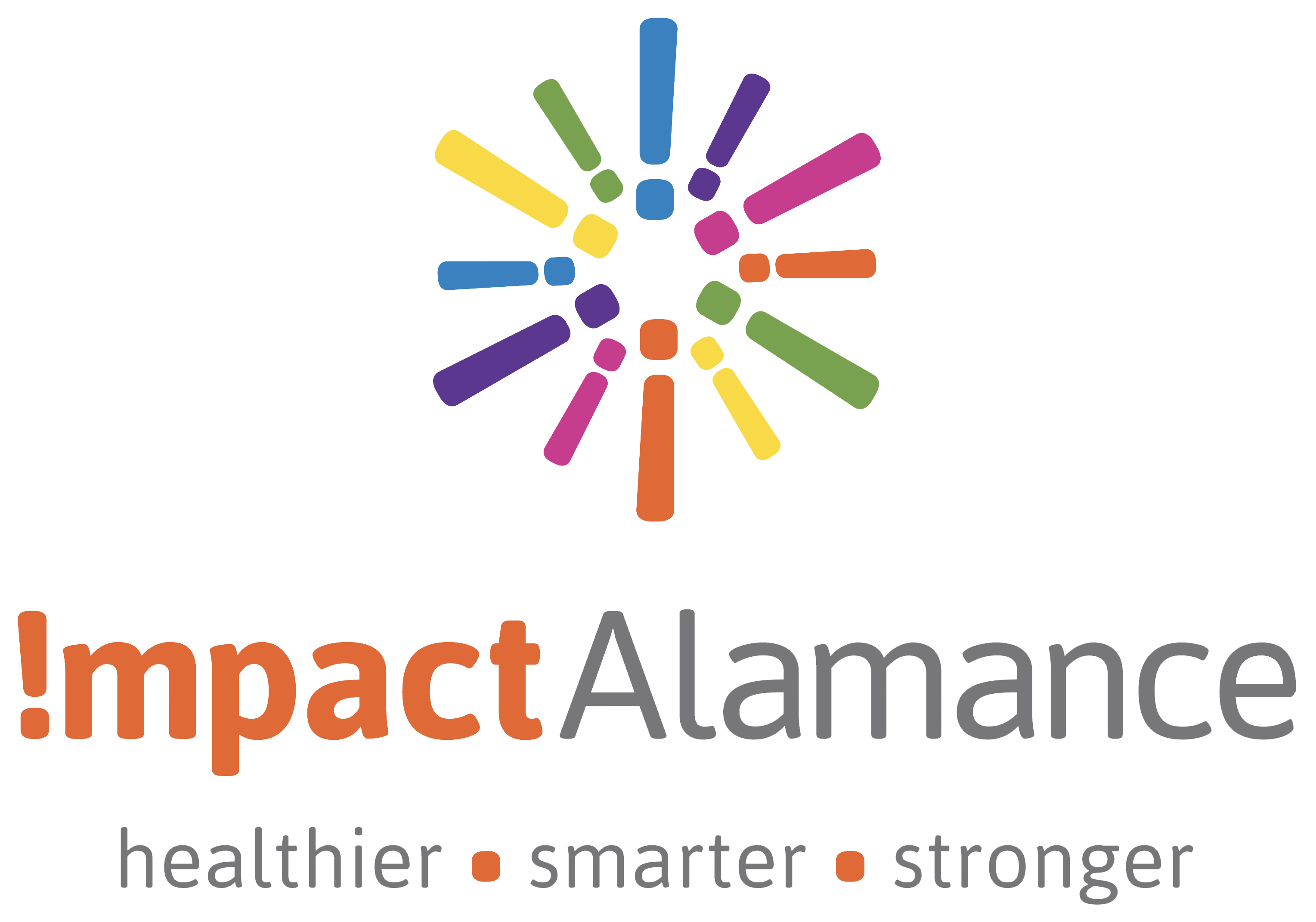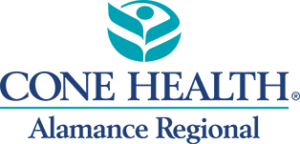
Our Journey
We began to imagine Alamance County as an electrical power grid, one that lights up the entire county, ensuring everyone can plug into the resources they need to thrive. With this vision in mind, our staff, board members and leadership began to talk about how some areas of the county are generously supplied while others experience frequent outages.
It was clear that everyone in Alamance County was not thriving, and we wanted to understand why. How did it come to be that way and what could we be doing differently to make sure everyone has access to the resources they need to thrive? And we weren’t the only ones asking those questions — so were many of you.
With increasing curiosity and growing need, in 2018, we began talking to peers at other Southern foundations who were asking some of the same questions. We all wanted to better understand how racism impacted our region’s history and how it shapes our community today. As we compared notes, patterns emerged that connected racial disparities in health outcomes to a family’s ability to access opportunities like quality education, employment and health care. When the opportunity came for Impact Alamance to join MDC’s Passing Gear Philanthropy Learning Institute, we said “yes” and welcomed this opportunity to learn and identify the root causes of inequities in our community.
The experience opened our eyes to interconnected histories that underpin the problems we are working to solve in Alamance County. If the community grid of resources is going to be lit up for everyone, we realized we have to understand how the grid was originally built, who built it that way and why. For example, we learned that in the ’30s and ’40s only white people could access government loans, influencing how communities developed and reinforcing a regional divide and wealth gap that still persists today.
We began to better understand how race impacts the social drivers of health and how the inequities that exist in our schools, housing, healthcare and environment are connected to the quality and length of a person’s life. Several of our board members were able to understand why they experienced so much more opportunity than others.
Through this process of learning and growing, we knew we had to talk internally about what this meant for Impact Alamance. And we weren’t all at the same stage of our journey. For some of us, the history of our community was not new, but for many of us, it was. For example, we learned that before the first Black high school in Alamance County opened in 1928, the school system did not provide Black students with the opportunity for formal education past 8th grade. We also learned that the first time a Black student enrolled in a segregated high school (Western High School) wasn’t until 1963. This history, and the influence it has on our policies today, isn’t regularly taught in our schools.
Inequities in education still exist. In 2019, our education systems prepared 68% of white students to meet or exceed 8th-grade reading standards, while only preparing 26.2% of Black/African American and 32.9% Latinx students, according to the North Carolina Department of Public Instruction. This demonstrates the need to change the education system by expanding support and resources to communities of color, who have historically been denied access to resources and opportunities.
Although we’re still learning ourselves, we came to realize that if we wanted a different result, we had to start doing things differently, beginning with leadership and moving throughout our organization.
One of the first things we did was create an Equity Committee to think more deeply about the specific work we need to do together, starting with a shared understanding.
We developed shared language for staff and leadership to define equity:
Equity means everyone should be able to access the resources needed to thrive, regardless of their zip code, race or income.
We agreed that this isn’t the case right now. Our team had months of conversations about what needs to take place to make this happen in Alamance County. We started reflecting to get clear on our role as a foundation: “Who do we want to serve and why? How are we defining ‘community’? How does this action advance equity? How will we hold ourselves accountable?” By no means have we answered all these questions, but we continue to consider them as context for every action we take as an organization.
We have committed to moving forward, no matter how uncomfortable the journey feels at times. And we know that what we’ve already gained far outweighs any discomfort. Our relationships with each other are more honest. Trust is being built because we’ve been vulnerable and brave enough to challenge personal and operational assumptions — ones that we’ve held as truths for our whole lives and some we didn’t know we had. We are shifting our organizational culture at Impact Alamance one conversation at a time.
Besides learning and talking, at Impact Alamance, we’re taking some concrete first steps. Because of what we learned as part of the 2020 Passing Gear cohort, we began shifting our funding practices and tracking our grantee pipeline. During the COVID response, more than 70 percent of the $170,000 in relief funds went to Black and Brown communities where we know resources have not historically flowed equitably. We’ve also increased funding for the Racial Equity Institute and are doing more to make sure the nonprofits serving our community have the tools and resources they need to provide effective services.
Central to all of this is deepening our ability to have the conversation first with ourselves, and then with you, our partners in the community. Recently, we launched the Alamance County Racial Equity Collaborative (ACRE Co-lab) to share our experiences and learn alongside 30+ community leaders in Alamance County on their own equity journey. Together, we are learning about the brain science of bias and what that means for the policies we created historically and the ones we’re creating today.
We are humbled to be part of this journey with our community. Whether you’re just getting started like us or you’ve spent years working to strengthen and expand the grid, we are in this with you. We are dedicated to building trust, listening and being accountable to communities in order to generate a healthier, smarter and stronger Alamance County for everyone.


